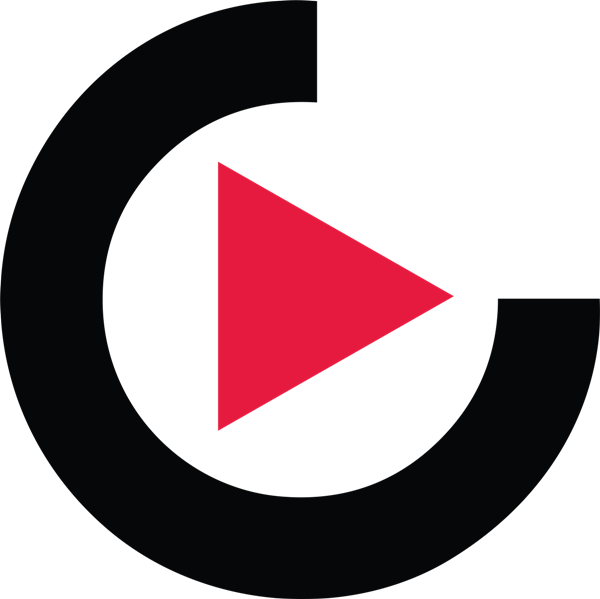We all know that being honest online can be difficult at times, especially with cancel culture on the rise. So what do creators truly think about it all?
The Creator Honesty Hour panel took place on Sunday at Summer in the City 2019, in Panel Room A. It featured Evan Edinger, Nathan Zed, Taha Khan, Daz Black, and Eman Kellam, and was moderated by Teoh Lander-Boyce.
Missed seeing the panel live? Never fear, we’ve picked our five favourite moments for you to enjoy.
1. To start, what is honesty?
“Just being yourself and not giving a shit, and just putting yourself out there,” said Daz, adding that he finds that once you start being fake, people can see through that.
Taha explained how he just likes to be himself. For him, honesty is not being disingenuous and not compromising what you believe in order to keep everyone happy.
2. Not everyone is how they seem online
“Out of all the creators I’ve actually met, I can literally count on maybe one and a half hands the people who have actually been how they’re perceived to be online,” said Eman.
Taha added that creators fall into three categories. Firstly, smaller YouTubers, who don’t have any financial incentive to change who they are and don’t necessarily consider the consequences, meaning their content can be rawer.
After that, it splits into two groups. Those who learn that there are some things they shouldn’t show, but still maintain the core of who they are, and those that try to be as clean and ‘Disney Channel’ as they can.
“There’s no way of being 100% honest because we are still editing our lives around us,” concluded Nathan.

3. Not all call outs are necessary…
Nathan explained that often, people who are regularly called out are already generally disliked. People are just looking for an excuse to be mean, even if they don’t know whether it’s true.
“If you’re a danger to people – if you’re at a convention like this and there’s a chance you could take advantage of your viewers – then it’s definitely a reason to call somebody out,” says Nathan. “But if it’s a personal drama, that could’ve literally been talked out and now you’re making five videos back and forth… that’s unnecessary.”
Certain issues should be made public, because they are of public concern, whereas there are some things that only need to be known by other creators, added Taha.
Teoh stated that he finds that when something serious is said online, the drama drowns out the serious points. This can lead to some creators not being held properly responsible for their actions.
4. …so how can we make YouTube a better place?
“I believe in free speech, but when you are literally hating on someone’s skin colour or sexuality it’s not free speech, it’s bullshit,” said Daz.

He accepts, however, that there’s always going to be hate in the world. What matters is how we deal with it as a community and how YouTube, who Daz believes should be responsible for removing this type of content, go about keeping it off the platform.
5. Jumping on trends doesn’t make you dishonest
Evan shared that if he hadn’t jumped onto trends and other ideas when he started YouTube, he would never have known what to make or found his own style.
Taha replied that when people are subscribing for your personality, they generally don’t care what content you make and whether it’s a trending idea or original content.
“Eventually, you have to find your own voice,” added Nathan.
Photos by Emma Pamplin.
Want more from Summer in the City 2019?
Check out our Summer in the City tag, where you’ll find all of our coverage.
You might also be interested in:
- State of the Community Panel at Summer in the City 2019
- Clickbait, Callouts and Content in 2019 Panel at Summer in the City 2019
- Behind the Creators Panel at Summer in the City 2019
For updates follow @TenEightyUK on Twitter or like TenEighty UK on Facebook.








